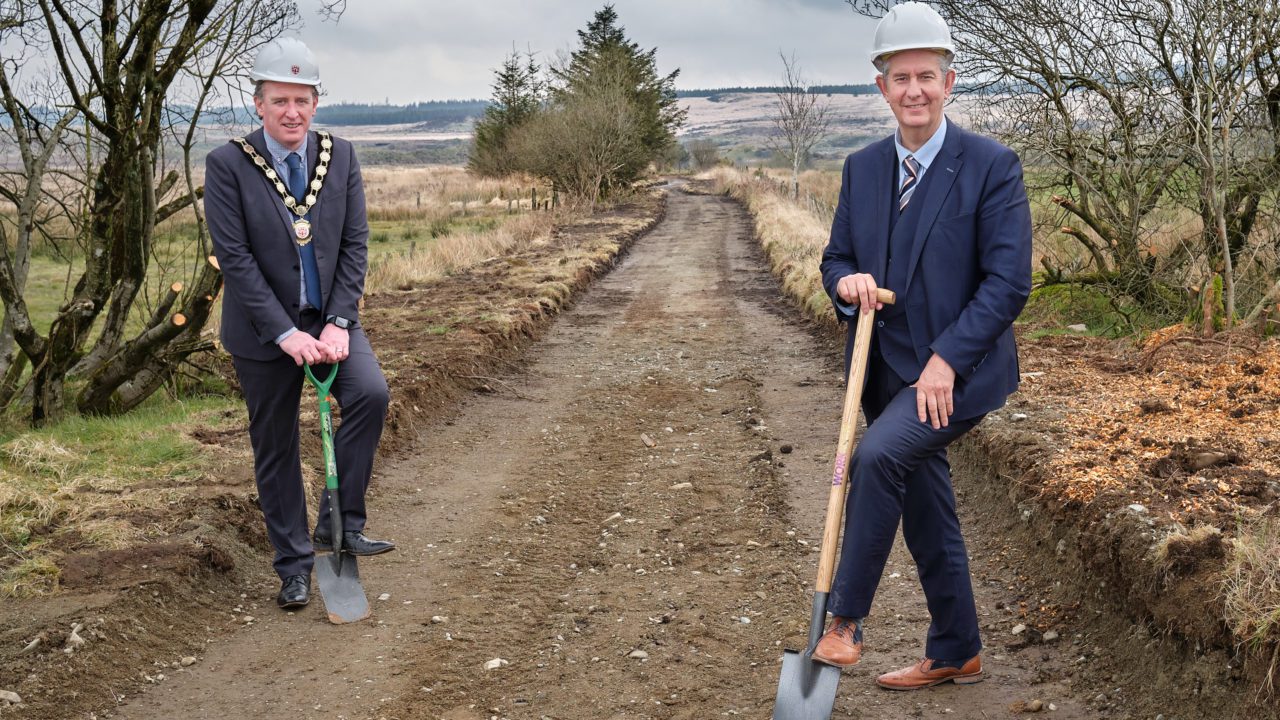Rural Affairs Minister Edwin Poots has announced £500,000 of funding today (April 19) for a new rural tourism project you could call ‘out of this world’.
The OM Solar Walk links the OM Dark Sky Park and Observatory at Davagh Forest (near Cookstown), with Beaghmore Stone Circles, creating a 3.4km ‘solar walk’.
The walk will use an augmented reality app to provide a digital guide of the solar system to explore space and planets in real-time, linking the uniqueness of the sky above to the uniqueness of the area’s deep archaeological landscape.
It’s hoped it will bring visitors to the area, boosting the local rural economy.
Speaking about the investment, Minister Poots said: “Tourism is vitally important to our rural economy and it is important that we invest in infrastructure that will help attract more visitors to Northern Ireland and encourage them to stay longer.
“I’m therefore delighted to announce this joint £500,000 investment with Mid Ulster Council, including just under £395,000 from my department towards the creation of this unique visitor attraction.
“OM Solar Walk will attract visitors to this rural part of Northern Ireland and provide a much-needed boost to the local economy through encouraging visitors, particularly those from out-of-state, to dwell longer and therefore potentially increase overnight stays.
“It is clear from my visit here, that the creation of visitor experiences that showcase our natural landscape which are compelling and accessible to all, can offer long term sustainability and growth for rural tourism in Northern Ireland.”
Mid Ulster Council chairman, Councillor Cathal Mallaghan said: “With the start of work on our new solar walk, we have reached another milestone in our plans to showcase the unique landscape and skyscape of Davagh Forest, connecting the significant archaeological heritage of this part of the Sperrins with its internationally recognised darks skies.
“The walk itself not only creates a new physical link between Beaghmore Stone Circles and the OM Dark Sky Park and Observatory, but a virtual one also, with a new app and the use of augmented reality set to enhance the overall visitor experience.
“The investment is considerable at over £500,000 and as always, we are grateful for the substantial funding support which we are receiving through DAERA’s Rural Tourism Scheme.”
